10 Best Crypto Exchanges for Investing and Trading

In the bustling world of cryptocurrencies, knowing where to trade or invest can be a daunting task. With the number of available exchanges growing rapidly, finding the right fit tailored to your needs is essential. Whether you're a newbie or a seasoned trader, there's an exchange out there for you.
In this comprehensive post, we simplify the choices by breaking down the 10 best crypto exchanges, their advantages, disadvantages, and whom they're most suited for.
What are Crypto Exchanges?
Crypto exchanges are digital platforms where users can buy, sell, or trade cryptocurrencies for other digital or fiat currencies. Think of them as the stock markets of the crypto world.
They play a pivotal role in the crypto ecosystem by providing liquidity, price determination, and a gateway for new entrants to join the digital currency revolution.
List of Best Cryptocurrency Exchanges in 2023
Dive into our curated list of top cryptocurrency exchanges tailored for both seasoned traders and newcomers alike. As you journey ahead, you'll discover the ideal platform that aligns with your crypto trading and investment needs.
Note - While exchanges are generally considered safe platforms for crypto trading, it's crucial to stay updated on crypto market news and developments.
This is because even highly reputed platforms are not entirely immune to the risks of hacks, scandals and regulatory actions.
1. Binance
Binance, founded in 2017 by Changpeng Zhao, skyrocketed to global fame within a year. Originating from China and later relocating due to regulations, this exchange is known for its vast array of cryptocurrencies and impressive trading volume.
Binance's commitment to innovation, seen in features like their Binance Smart Chain, makes it a force to reckon with in the crypto world.
Best For: Intermediate to advanced traders.
Pros:
- Massive Trading Volume: Offers liquidity for a vast array of tokens.
- Variety of Cryptos: Lists numerous cryptocurrencies and pairs.
- Advanced Tools: Advanced charting tools and features for pro traders.
Cons:
- Complex UI can be overwhelming for beginners.
- Past minor security breaches, though funds were safe.
- Regulatory concerns in some countries.
2. Coinbase
Established in San Francisco in 2012, Coinbase stands as one of the most beginner-friendly exchanges. Brian Armstrong and Fred Ehrsam aimed to create a platform where anyone could safely buy and sell Bitcoin.
With its easy-to-use interface and robust security measures, Coinbase remains a top choice for newcomers to the crypto space.
Best For: Beginners to intermediate users.
Pros:
- Intuitive Interface: Ideal for new crypto enthusiasts.
- High Security: Features like 2FA and insurance for funds.
- Regulated: Complies with U.S. financial regulations.
Cons:
- Limited number of cryptocurrencies.
- Higher fees compared to other exchanges.
- May monitor and limit certain transactions.
3. Kraken
Jesse Powell founded Kraken in 2011, following the infamous Mt. Gox hack. With an emphasis on security and regulatory compliance, Kraken has built a reputation for being a safe haven for crypto assets. Its ability to handle fiat currencies adds versatility for traders and investors alike.
Best For: Intermediate to experienced traders.
Pros:
- Security Measures: Robust security with cold storage and encrypted wallets.
- Fiat Options: Multiple fiat currencies supported.
- Low Fees: Competitive fee structure.
Cons:
- User interface can be complex for beginners.
- Limited payment methods.
- Customer service can be slow.
Also Check - Kraken Latest Offerings
4. Gemini
Gemini, birthed in 2014 by the famous Winklevoss twins, places a strong emphasis on regulatory compliance and security. Based in New York, it's one of the few exchanges to earn a BitLicense, allowing operations in the state.
With its clean design and institutional-grade security measures, Gemini has carved out a niche among crypto enthusiasts.
Best For: Beginners to intermediate users.
Pros:
- Regulated: Stringent compliance with U.S. regulations.
- Security: Offers insurance on user deposits.
- Clean UI: Simplistic and user-friendly design.
Cons:
- Limited range of cryptocurrencies.
- High fees compared to competitors.
- Limited global availability.
Also Check - Gemini Latest Offerings
5. Huobi
Initially established in China in 2013 by Leon Li, Huobi has since expanded its operations globally. Renowned for its extensive list of available cryptocurrencies, it caters to both the Eastern and Western crypto markets.
Despite regulatory hurdles in its home country, Huobi thrives due to its adaptability and forward-thinking approach.
Best For: Intermediate to advanced traders.
Pros:
- Token Variety: Extensive range of cryptocurrencies.
- Global Reach: Available in many countries.
- Futures Trading: Offers derivatives and futures.
Cons:
- Complex platform for newcomers.
- Regulatory concerns in certain areas.
- Some reports of poor customer service.
6. eToro
eToro, founded in 2007, initially started as a general trading platform but swiftly incorporated cryptocurrencies into its offerings.
The platform is widely recognized for its user-friendly interface and "social trading" features, allowing users to mimic the trading strategies of established crypto traders.
Best for: Beginners and those interested in social trading.
Pros:
- User-Friendly: Intuitive interface ideal for beginners.
- Social Trading: Follow and replicate experienced traders' moves.
- Diverse Portfolio: Offers a wide range of assets beyond just cryptocurrencies.
Cons:
- Withdrawal Fees: Can be higher compared to other platforms.
- Platform Limitations: Some advanced trading tools are lacking.
- Crypto Ownership: Users can't transfer certain cryptos to external wallets.
Also Check - eToro Latest Offerings
7. Crypto.com
Emerging in 2016, Crypto.com has quickly established itself as a comprehensive crypto ecosystem. Beyond its exchange, it offers a popular mobile app, a Visa card program, and crypto lending services. Its mission is to accelerate the world's transition to cryptocurrency.
Best for: Those seeking a comprehensive crypto ecosystem, from trading to everyday spending.
Pros:
- All-In-One Solution: From trading to spending, it covers a broad spectrum of crypto activities.
- Competitive Rates: Offers some of the best staking and interest rates in the industry.
- Security: Features ISO/IEC 27001:2013 certification and utilizes cold storage.
Cons:
- Complex Fee Structure: With multiple services, the fee structure can be intricate.
- User Experience: Some users report occasional app glitches.
- Limited Trading Tools: More advanced traders might find the platform's tools insufficient.
8. OKX
OKX, founded in 2017 and based in Malta, has rapidly emerged as a dominant player in the crypto exchange space. Its diverse offering, from spot trading to futures trading, appeals to a broad range of traders. With a constant drive to innovate, OKX remains at the cusp of crypto trading technology.
Best For: Advanced traders.
Pros:
- Variety of Services: Spot, futures, and margin trading available.
- High Liquidity: Large trading volume.
- Mobile App: Intuitive and feature-rich app for trading on-the-go.
Cons:
- Overwhelming for new users.
- History of freezing withdrawals.
- Regulatory challenges in some regions.
9. KuCoin
Founded in 2017, KuCoin is often dubbed the "People's Exchange" due to its user-centric approach. With a vast array of tokens, especially new and emerging ones, the platform attracts both new and seasoned traders.
Its native KuCoin Shares (KCS) not only provides trading discounts but also underscores its ambition in the crypto space.
Best For: Intermediate users.
Pros:
- Range of Tokens: Numerous altcoins and newer tokens available.
- KuCoin Shares: Their own token offers trading discounts.
- User-friendly: Intuitive interface suitable for newcomers.
Cons:
- Lacks regulatory clarity.
- Limited fiat currency support.
- Customer support can be slow.
10. Bitstamp
Bitstamp, founded in 2011 by Nejc Kodrič and Damijan Merlak, stands as Europe's longest-standing crypto exchange. With a focus on simplicity and reliability, it has drawn a consistent user base.
As one of the first platforms to provide a gateway between fiat and crypto, Bitstamp holds a significant place in crypto history.
Best For: Intermediate users.
Pros:
- Reputation: Trusted in the crypto community for years.
- Security: Offers multisig wallets and two-factor authentication.
- Fiat Support: Supports several major fiat currencies.
Cons:
- Limited range of cryptocurrencies.
- The Interface can feel outdated.
- Slower verification process.
Frequently Asked Questions
Q1. How do crypto exchanges ensure the security of users' funds?
Most crypto exchanges implement a combination of cold and hot storage solutions. Cold storage means keeping a majority of the funds offline, away from potential online threats.
Q2. Are there differences in fees between these exchanges?
Yes, each exchange has its own fee structure which can vary based on factors like trading volume, type of transaction, and membership tiers. It's always recommended to check the exchange's official site for the most up-to-date fee information.
Q3. Can I trade on multiple exchanges simultaneously?
Yes, many traders use multiple exchanges to capitalize on arbitrage opportunities or to access different coins. However, managing assets on multiple platforms can be complex, so tools like portfolio trackers or aggregators can be useful.
Q4. What should I consider when choosing an exchange for staking or earning interest on my holdings?
When considering staking or interest, look into the offered rates, the reputation of the exchange, withdrawal conditions, and whether the platform uses insured or secured wallets. Not all exchanges offer these services, so research is crucial.
Q5. How do centralized exchanges differ from decentralized exchanges (DEX)?
Centralized exchanges are managed by companies that oversee the trading process, ensure liquidity, and hold users' funds. Decentralized exchanges operate without a central authority, facilitating peer-to-peer trades directly between users.
Q6. Why do some exchanges have a different price for the same cryptocurrency?
Prices can vary due to factors like trading volume, liquidity, regional demand, and the specific pairs being traded. Arbitrage traders often exploit these price differences by buying on one exchange and selling on another.
Q7. How do I know if a crypto exchange is available in my country?
Many exchanges provide a list of supported countries on their website. Additionally, regulatory news or local crypto communities can provide insights into which exchanges operate in specific regions.
Q8. Can I transfer my cryptocurrency holdings from one exchange to another?
Yes, you can transfer your holdings by using the withdrawal function on your current exchange and inputting the deposit address of your new exchange. Always double-check addresses and be aware of withdrawal fees.
Conclusion
Picking the right crypto exchange can greatly influence your trading and investing experience. Factors such as security, fees, ease-of-use, and token variety play a crucial role.
Whether you're just starting out or are a crypto veteran, these ten exchanges offer a range of features to cater to your needs.
Always ensure to do further research and consider your personal requirements before settling on an exchange. Remember, in the dynamic world of crypto, informed decisions are the best decisions.
Disclaimer
The information provided on this website does not constitute investment advice, financial advice, trading advice, or any other sort of advice and you should not treat any of the website's content as such.
Token Metrics does not recommend that any cryptocurrency should be bought, sold, or held by you. Do conduct your own due diligence and consult your financial advisor before making any investment decisions.
Create Your Free Token Metrics Account

.png)




%201.svg)
%201.svg)


%201.svg)



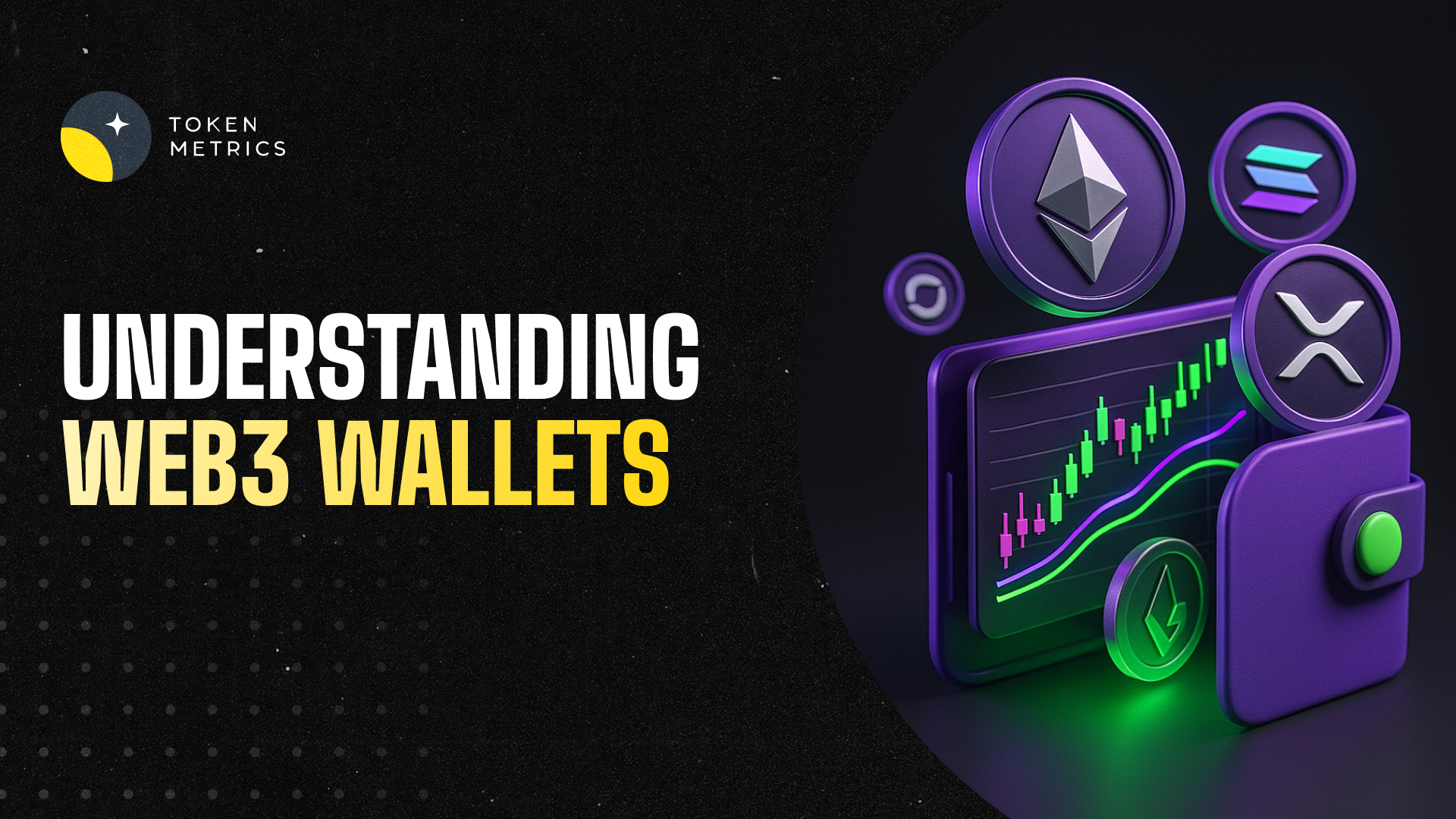
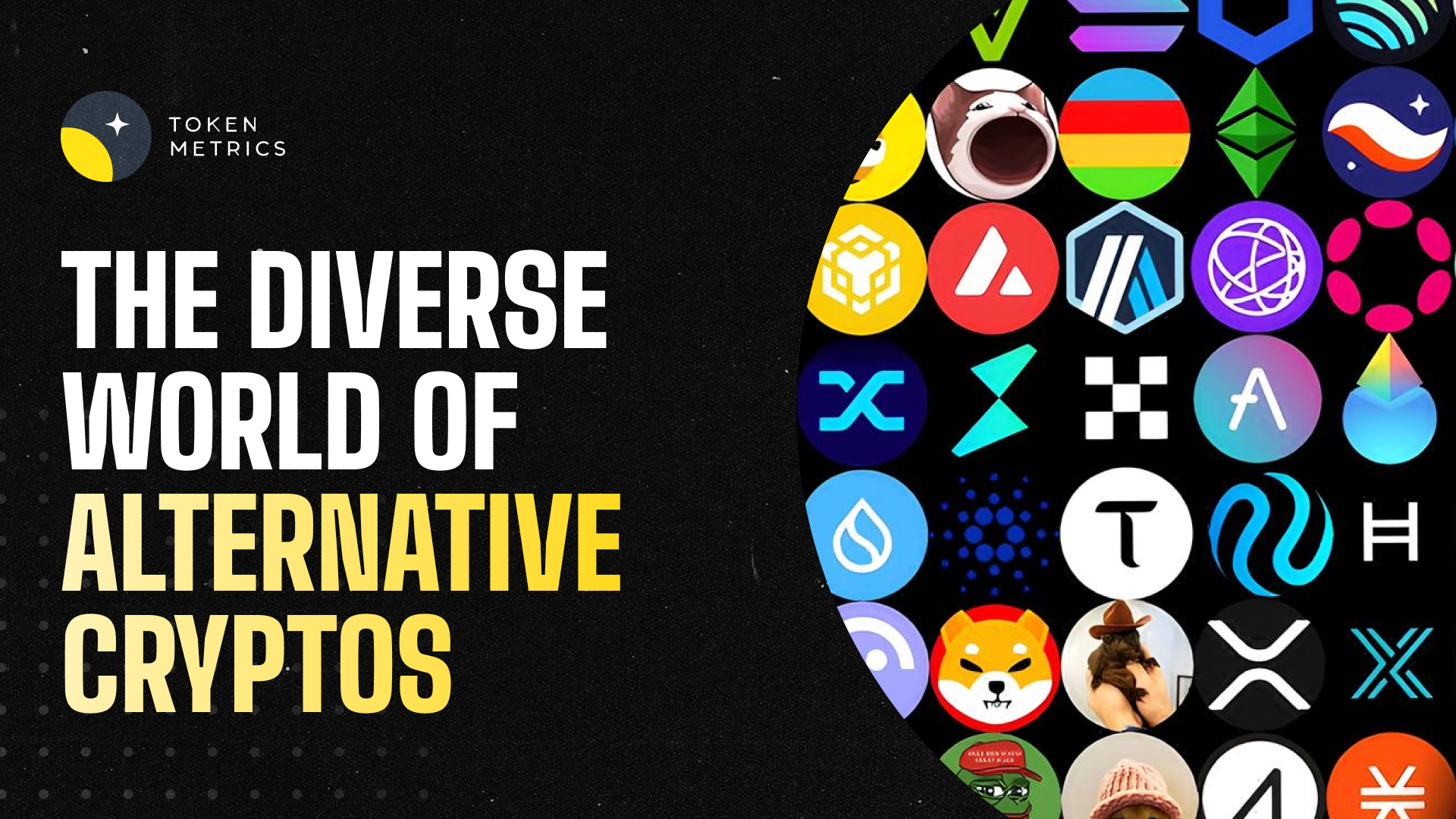
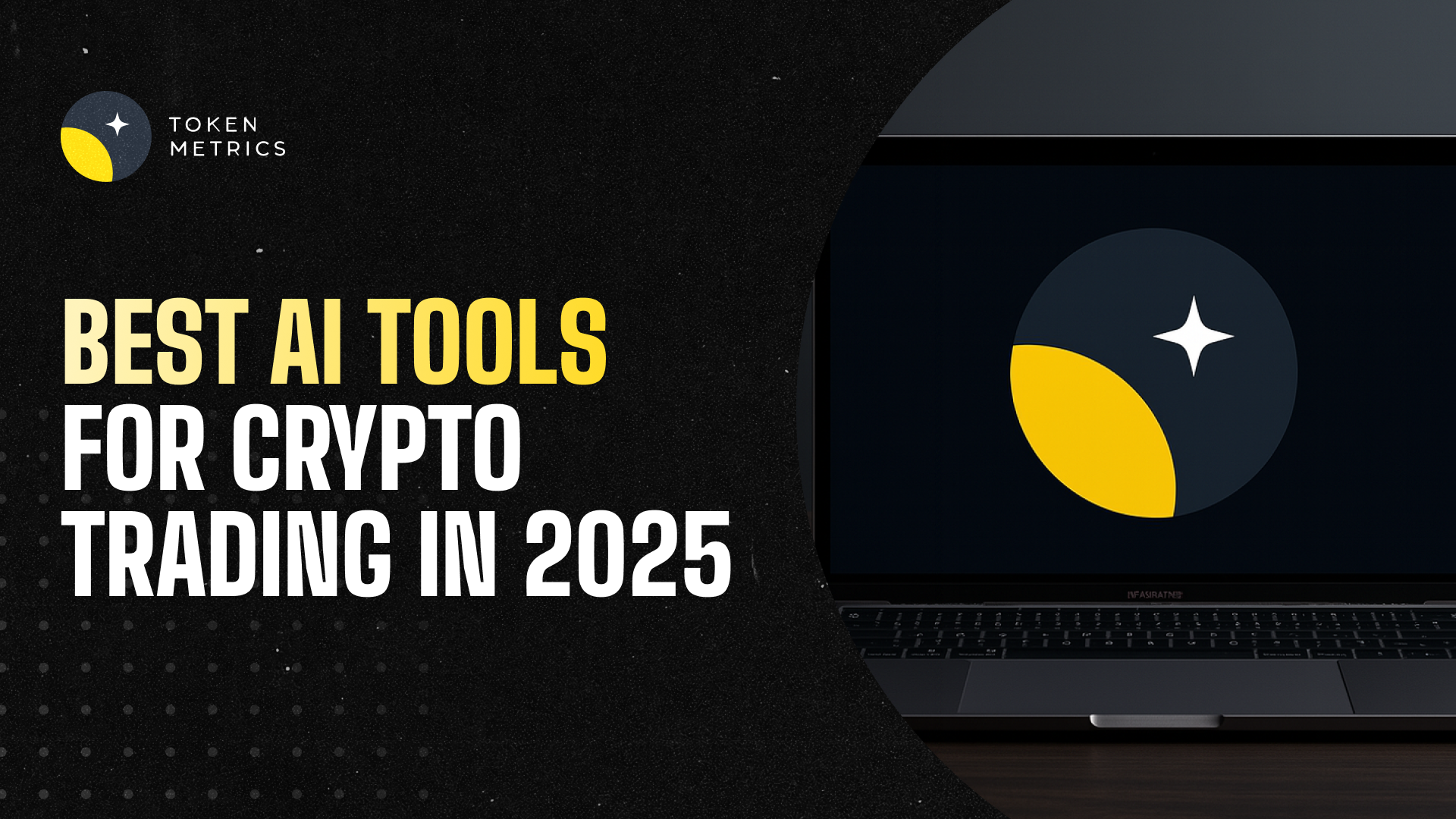


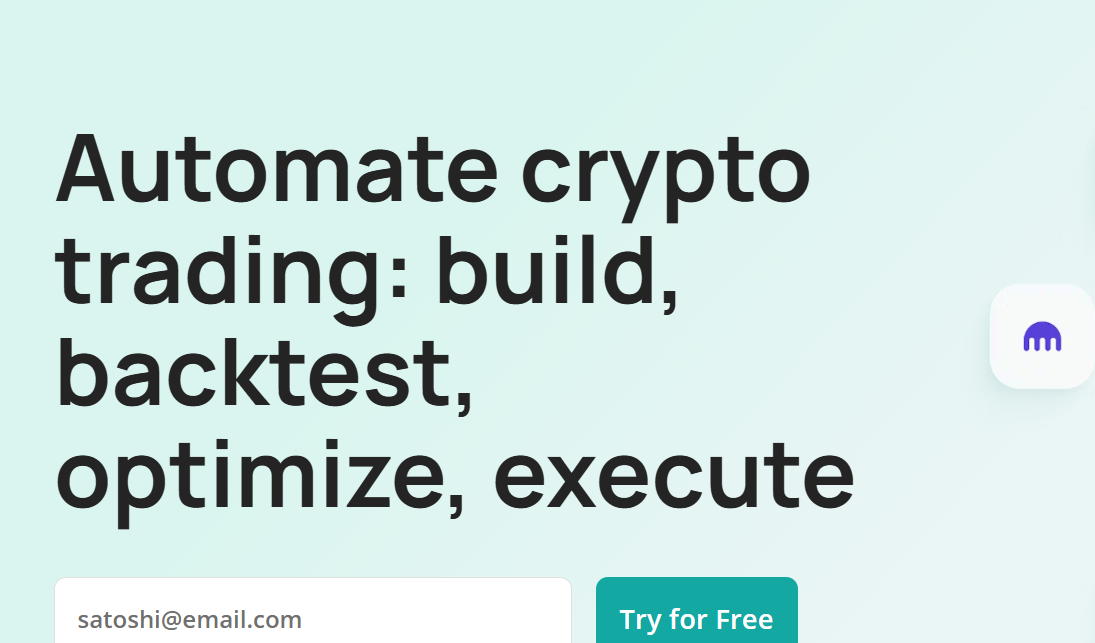
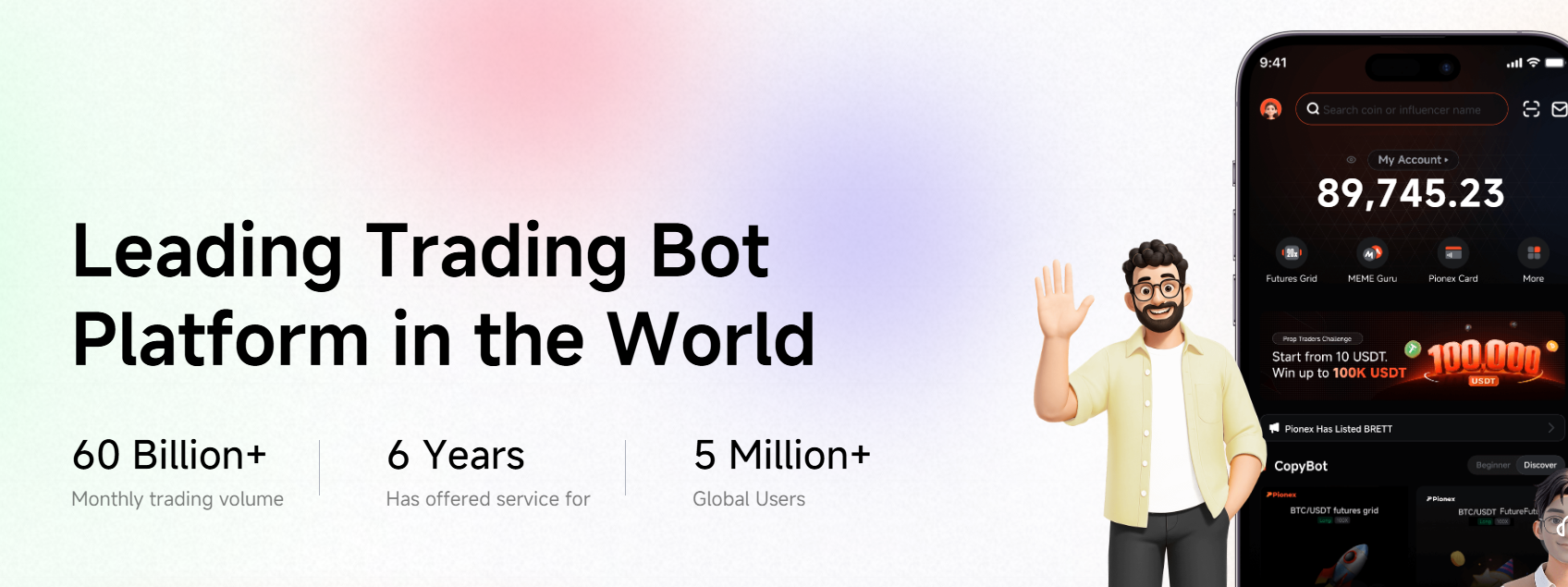




.svg)




.png)